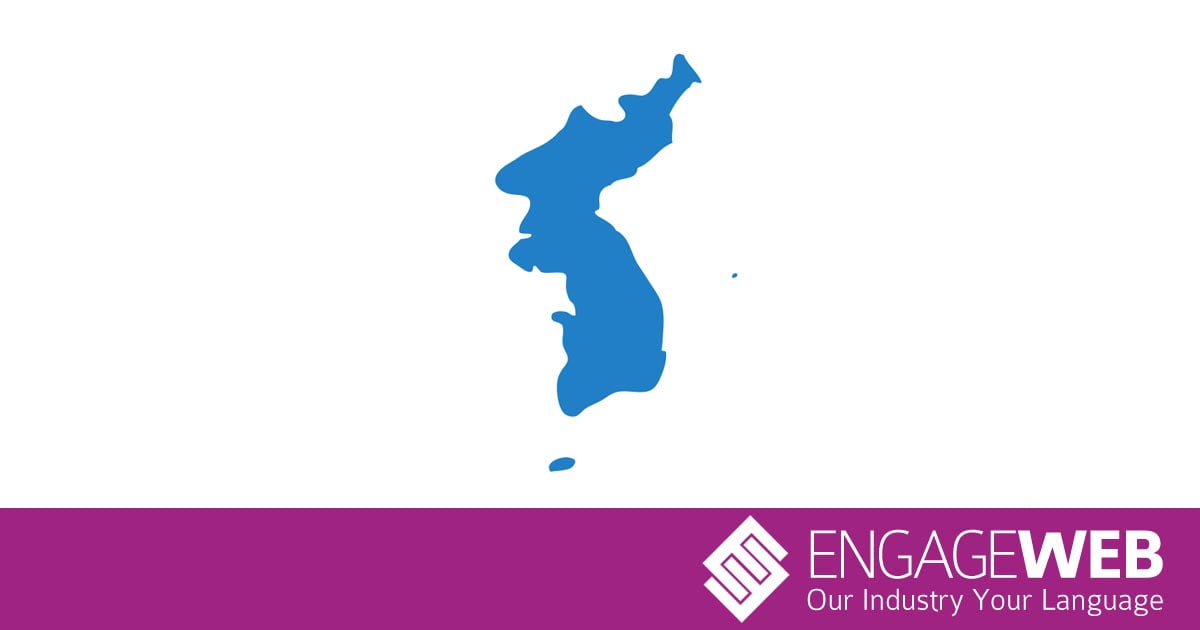August 15th is National Liberation Day of Korea, notable for being the only public holiday celebrated in both North and South Korea.
When it comes to the internet, the two nations that form the region of Korea could not be more different. In last year’s ‘State of the Internet’ report by Akamai, South Korea was found to have the fastest internet in the world, and the country is home to tech giants like Samsung and SK Telecom. In the much more secretive North, meanwhile, internet access is only available to people granted special authorisation, and sites like the state news provider KCNA give an insight into how biased and regulated much of the content is. In 2016, it was even reported that North Korea had just 28 websites.
On this day of celebration for Koreans on both sides of the border, it seems fitting to look at some facts about the East Asian region and its contribution (or lack thereof) to a medium we use every day.
1. South Korea once tried to ban internet anonymity
It’s often said that it’s good practice not to say anything online that you wouldn’t be happy to have read back to you in court, but does that mean that web users should have no right to anonymity at all?
In 2007, South Korea introduced a system whereby any website with more than 100,000 visitors a day was made to take users’ real names, especially if they wanted to post content. Just four years later, the government admitted defeat on what was described by ARS Technica as a “disastrous experiment”, and the system was shelved.
Aside from the argument that denying anonymity is an affront to free speech, this insistence on collecting names also created obvious security issues. The final straw appeared to be the seizure of more than 35 million people’s information from just two websites.
2. More North Koreans have smartphones than you think
In a country whose government tries desperately to hide what’s going on in the rest of the world, it might surprise you to hear that two out of five North Koreans have a smartphone.
Don’t be misled into thinking that this means a significant number of them are tweeting, sharing thoughts on Facebook and watching animal videos on YouTube, though. North Korea won’t trade with US companies like Apple and Google, so smartphones only have access to the state-run North Korean intranet. What’s more, if they want to download apps, smartphone owners have to go to a physical shop to do it.
3. South Korea has put a sitcom online to promote unification
With the leaders of North and South Korea recently shaking hands and stepping over each other’s borders for the first time in more than 50 years, and a unified Korea team competing in Pyeongchang earlier this year, faint hopes have risen that the two Koreas might one day become one again.
Many South Koreans are keen on the idea and are trying to popularise the push for a united Korea. They even turned to comedy in the form of a pro-unification online sitcom, which you can watch here, if you understand Korean.
There’s no doubt that Korea is a fascinating part of the world, and differing attitudes towards the internet of both sides of the border only add to the intrigue.
- How to find a circular reference on Excel - May 23, 2024
- Five life skills learned from internet marketing - January 3, 2024
- How artificial intelligence can (and can’t) help you write content - September 29, 2023



